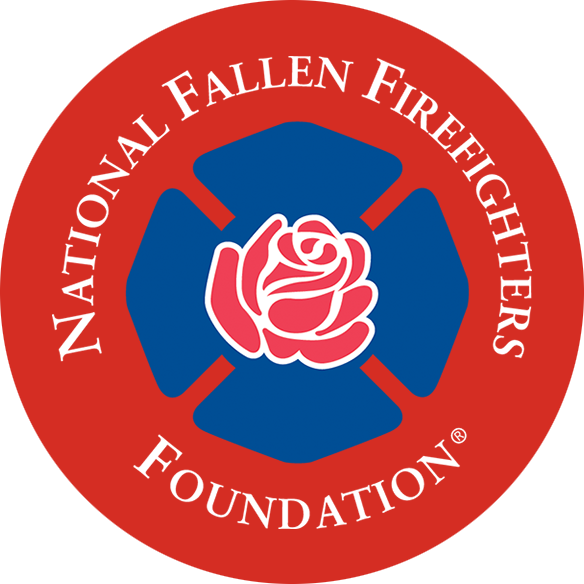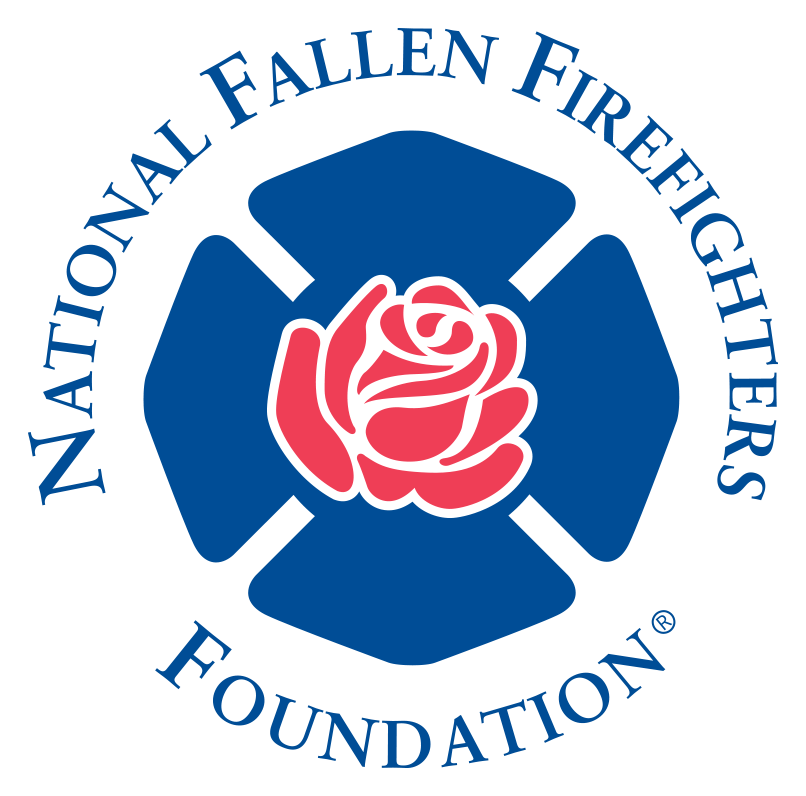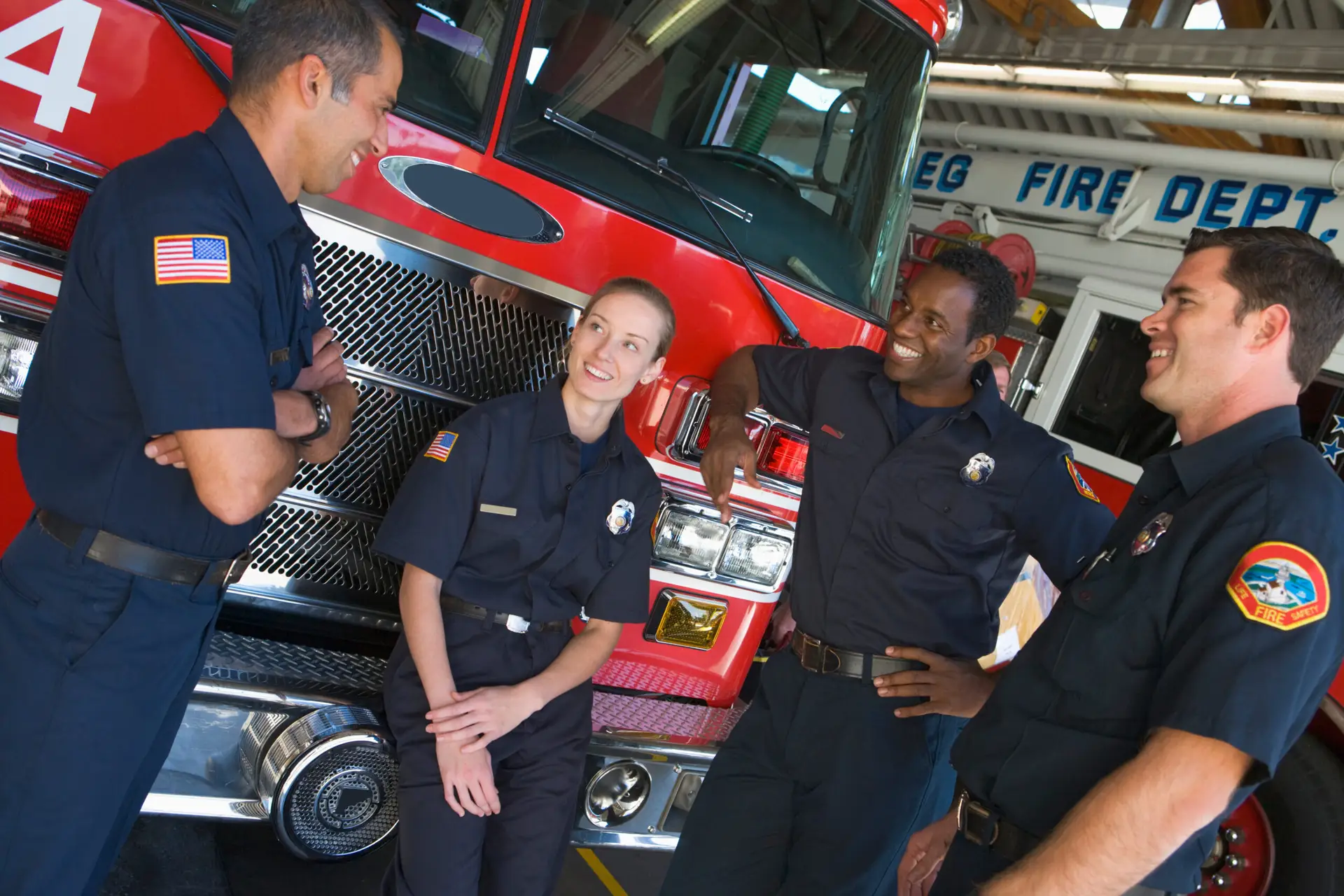Mentorship Momentum
Design comprehensive wellness programs that can be integrated into the daily routines of all fire departments.
Inside the New Firefighter Life Safety Initiative 1
Combines these original initiatives:
- Risk Management
- Cultural Change
- Empowerment
Culture is generally defined as the behaviors, attitudes, values, and beliefs that are shared within a group or organization. It reflects the collective perception of right and wrong, good and bad, or desirable and undesirable actions and characteristics.
The safety culture within a fire department is reflected through its members’ behaviors, attitudes and actions in and out of the station as well as on the fire ground. The 1st Initiative asks us to explore the characteristics of our departments to bring about a higher commitment to safety.
Nationwide, the firefighter’s personal protective ensemble, apparatus and equipment technology, available training and safety resources, and safety standards are at the highest, safest levels ever experienced in fire service history. However, United States Fire Administration statistics reveal a ten-year plateau of more than 100 firefighter line-of-duty deaths and approximately 10,000 serious line-of-duty injuries each year. To worsen matters, firefighters are being injured and killed on incidents at rates close to those of 20 years ago. Case analyses show that most of these line-of-duty deaths and injuries are preventable. Within the context of National Fallen Firefighters Foundation’s 16 Firefighter Life Safety Initiatives, no advocacy point carries more importance and potential than the need to change the culture of safety from within. Clearly, the fire service must change its attitudes, beliefs, and behaviors toward safety if reductions in firefighter injuries and fatalities are going to be reduced.




